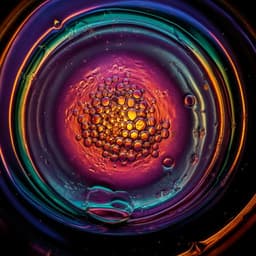
Chemistry
Impact of the aqueous corrosion induced alteration layer on mechanical properties of pharmaceutical glasses
Q. Zheng, X. Ma, et al.
This groundbreaking study reveals how aqueous corrosion influences the mechanical properties of pharmaceutical boroaluminosilicate glasses. Discover the surprising effects of water-related species on hardness and toughness, as researchers Qiuju Zheng, Xinlin Ma, Youze Ma, Jiaxin Yu, Yuanzheng Yue, and Hongtu He unveil insights for designing more resilient pharmaceutical materials.
Related Publications
Explore these studies to deepen your understanding of the subject.







